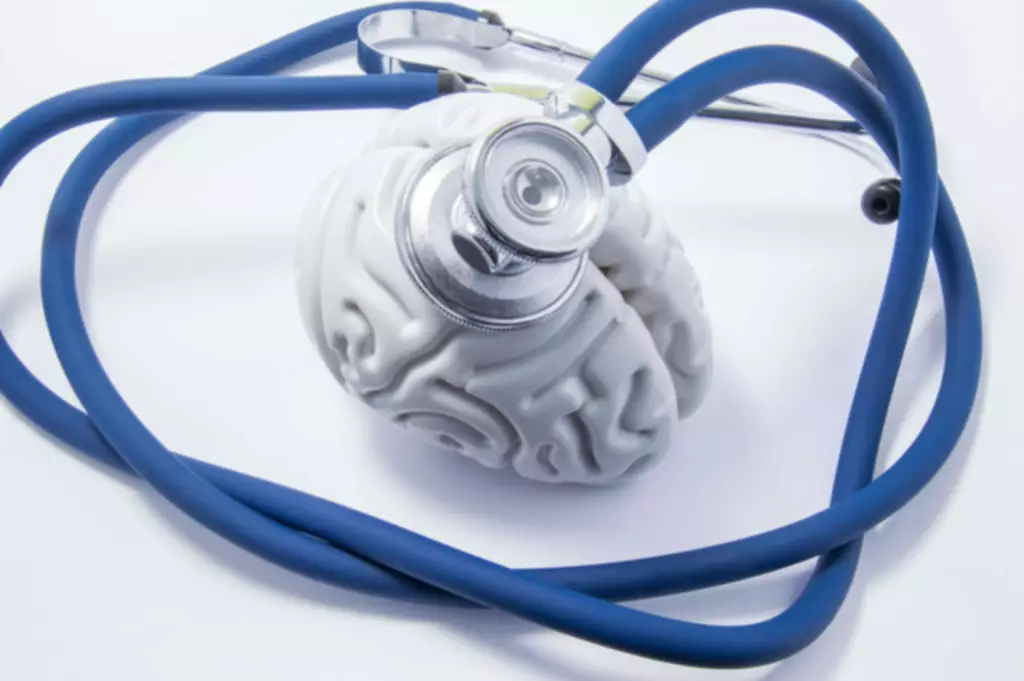
Learn about Naloxone and Nalmefene for effective overdose treatment. Explore the scope of drug abuse addiction and treatment, from statistics to innovative therapies for hope. Discover what to do when a friend suffers a relapse and how to provide compassionate, effective Alcoholics Anonymous support. Discover how can routine in recovery help you or a loved one achieve lasting stability and health. Discover the harsh effects of drug & alcohol use during pregnancy and learn about prevention strategies.

How Childhood Trauma Increases the Risk of Substance Abuse
- Mindfulness is a foundational element of Dialectical Behavior Therapy (DBT).
- Some behaviors can cause physical or mental harm — to yourself or others.
- They can also learn to avoid situations that they know will trigger strong emotions, helping them to have more positive emotional experiences overall.
- Most therapists’ websites list the conditions and problems they treat.
- In this module, you learn the skills to create healthy relationships while taking care of yourself.
- It prioritizes behavioral change while nurturing self-acceptance, creating a balanced therapeutic environment that is responsive to patient needs.
Discover the difference between outpatient program and intensive outpatient program to choose the best care for recovery. Unravel the symptoms of severe depression, from physical signs to cognitive impairments, and find hope. Having a loved one who is suffering from substance use disorder is an incredibly difficult process to go… Navigate acute alcohol withdrawal with knowledge and regain control. Learn how to stop spending addiction, rebuild finances, and regain control with clear, actionable strategies. Discover empowering ways to stop addiction for dialectical behavioral therapy good and regain control of your life.
Managing Extreme Emotion

Distress tolerance skills help you get through rough patches without turning to potentially destructive coping techniques. “Dialectical” is the idea that two different things can be true at once. So this type of therapy is centered on helping you accept yourself as you are while also trying to change. While DBT has shown promising results for many individuals, it’s important to acknowledge that it may not be effective for everyone. Stage 3 focuses on self-management to achieve stability in self-concept and emotions through self-care, decision-making, and meaning-creation.
DBT skills training in groups
If you have any comments, compliments or concerns you canspeak with a member of staff or contact our Patient Advice and Liaison Service (PALS) and Complaints Team. If you are interested in finding out more about DBT please discuss this with your mental health worker and or psychological therapist within the Recovery Team. DBT involves attending weekly one to one therapy sessions and a two hour weekly DBT Skills Group.
- However, your therapist will set clear boundaries about when you can call them, such as during an agreed-upon range of time during the day.
- We’ve tried, tested, and written unbiased reviews of the best online therapy programs including Talkspace, BetterHelp, and ReGain.
- In summary, the integration of distress tolerance skills in DBT not only aids in managing addiction but also improves overall emotional stability.
This hands-on, supportive structure offers more guidance than traditional ACT therapy, making DBT a great fit for individuals who need both emotional acceptance and actionable skills. Like DBT, acceptance and commitment therapy (ACT) has a foundation of acceptance and change. Instead of requiring group therapy and therapist consultations, ACT can happen simply as a form of individual therapy. Acceptance is also an important part of the client-therapist relationship. Clients need to feel nonjudgmentally accepted by their therapist before they can pursue change.


Yorumlar kapalı.